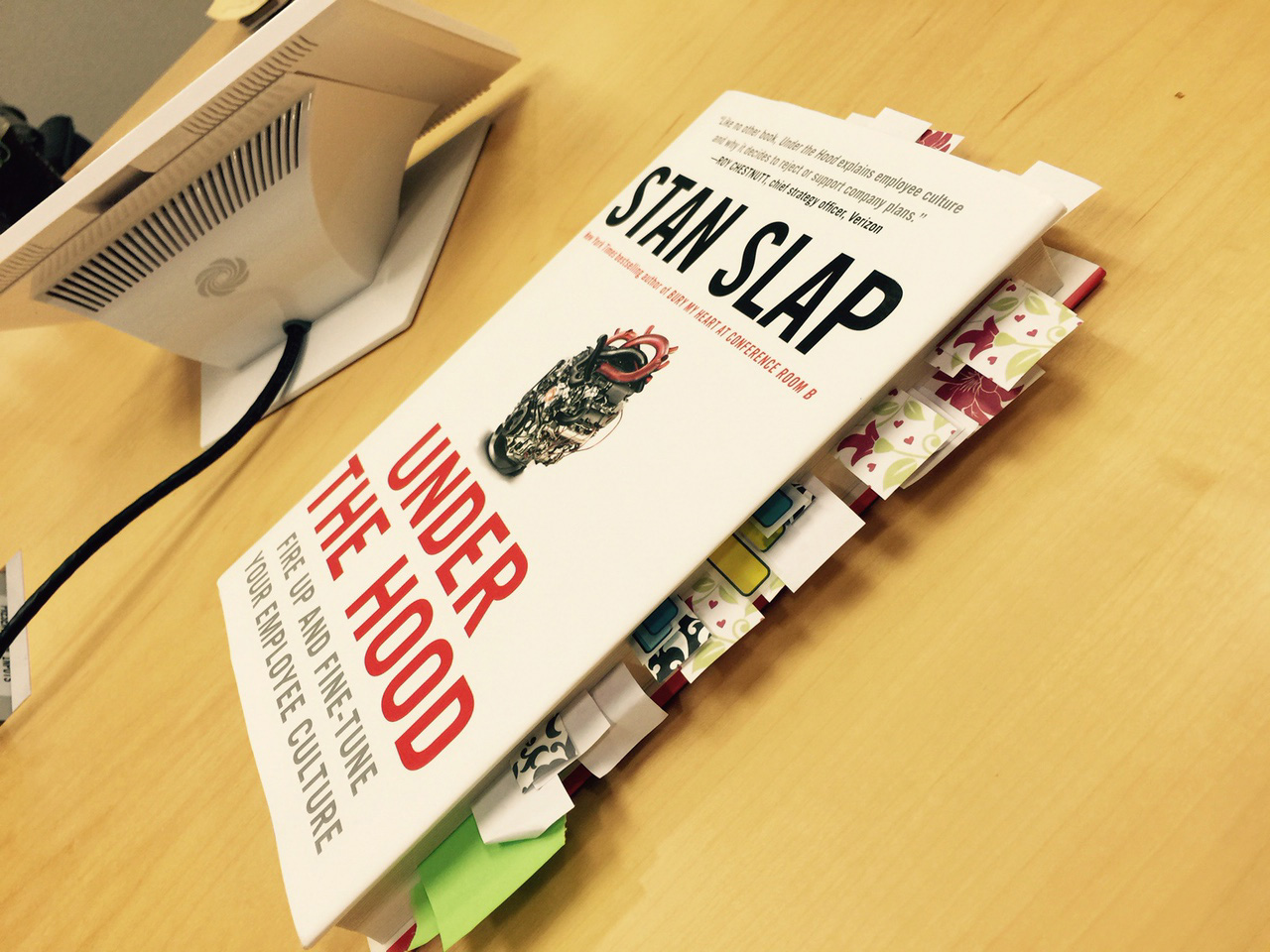
The Slap Book: Uncovering the Dark Side of Schoolyard Torment
In the hallowed halls of childhood, amidst the playful chatter and laughter, lurks a sinister secret—the slap book. This insidious notebook, adorned with innocent covers and curious scribbles, conceals a world of cruelty and shame.
The slap book, a juvenile form of bullying, has been a staple in schoolyards for generations. It is a compendium of insults, rumors, and cruel remarks aimed at unsuspecting victims. Each page is a testament to the darkness that can fester in young hearts.
The Cycle of Torment
The slap book is a vicious cycle that perpetuates itself. Victims, humiliated and shamed, often lash out in desperation, only to become targets themselves. The perpetrators, emboldened by their anonymity, continue their torment with impunity.
The damage inflicted by the slap book extends far beyond the physical page. Slap book victims suffer from emotional distress, anxiety, and even depression. The scars of humiliation can linger long after the notebook has been discarded.
A Comprehensive Overview
Definition:
A slap book is a notebook or journal where students anonymously write insulting, derogatory, or hurtful comments about their classmates or teachers.
History:
Slap books have existed for centuries, with their earliest known forms dating back to the early 1900s. They were particularly prevalent in the 1950s and 1960s, and have persisted in various forms to this day.
Meaning:
Slap books serve as a channel for students to express their negative emotions, such as anger, jealousy, or resentment. However, they do so anonymously, allowing them to escape responsibility for their actions.
Understanding the Psychology of Slap Books
The dynamics of slap books are complex and multifaceted. Several psychological factors contribute to their existence and appeal:
- Anonymity: The anonymity of slap books empowers individuals to express their darkest thoughts and impulses without fear of repercussion.
- Peer Pressure: The presence of a slap book in a classroom can create a toxic social environment where students feel compelled to participate in the bullying to avoid becoming targets themselves.
- Immaturity: Young children may not fully comprehend the consequences of their actions and may engage in slap book behavior as a misguided attempt at humor or attention-seeking.
Current Trends and Developments
Slap books have evolved over time, adapting to the changing technological landscape. In addition to traditional notebooks, they now exist in digital formats, such as online forums and social media pages.
While the internet provides a wider platform for anonymity, it also offers opportunities for detection and intervention. Schools and parents are becoming increasingly aware of the dangers of slap books and are implementing measures to combat them.
Tips and Expert Advice
As a parent or educator, it is crucial to be aware of the potential for slap book victimization and to take proactive steps to prevent it. Here are some tips:
- Open Communication: Encourage children to talk to you about any bullying they may be experiencing, including slap book incidents.
- Emphasize Values: Teach children the importance of respect, empathy, and kindness. Help them understand that bullying is never okay.
- Monitor Social Media: Stay informed about your child’s online activity and monitor for any signs of cyberbullying or inappropriate behavior.
Explanation of Tips and Expert Advice
Open communication is essential for fostering a safe and supportive environment where children feel comfortable sharing their concerns. By emphasizing values, you can instill in children a sense of right and wrong and guide their behavior towards positive and respectful interactions.
Monitoring social media is crucial in today’s digital age, as cyberbullying and online slap book behavior can be equally damaging as traditional forms of bullying.
FAQ on Slap Books
Q: Why do children engage in slap book behavior?
A: Children may engage in slap book behavior due to a combination of factors, including anonymity, peer pressure, immaturity, and a desire for attention or revenge.
Q: What are the consequences of slap book victimization?
A: Slap book victimization can lead to emotional distress, anxiety, depression, and a loss of self-esteem.
Q: How can parents and educators prevent slap book bullying?
A: Parents and educators can prevent slap book bullying by promoting open communication, emphasizing values, monitoring social media, and creating a positive and respectful school environment.
Conclusion
The slap book, a dark symbol of schoolyard cruelty, serves as a reminder of the importance of empathy, compassion, and respect. By understanding the nature of slap books and taking steps to prevent them, we can create a brighter future for our children, where the voices of kindness and decency prevail.
If you or someone you know is suffering from the effects of slap book bullying, please reach out for help. Together, we can break the cycle of torment and foster a more inclusive and positive school environment for all.

Image: www.pinterest.com